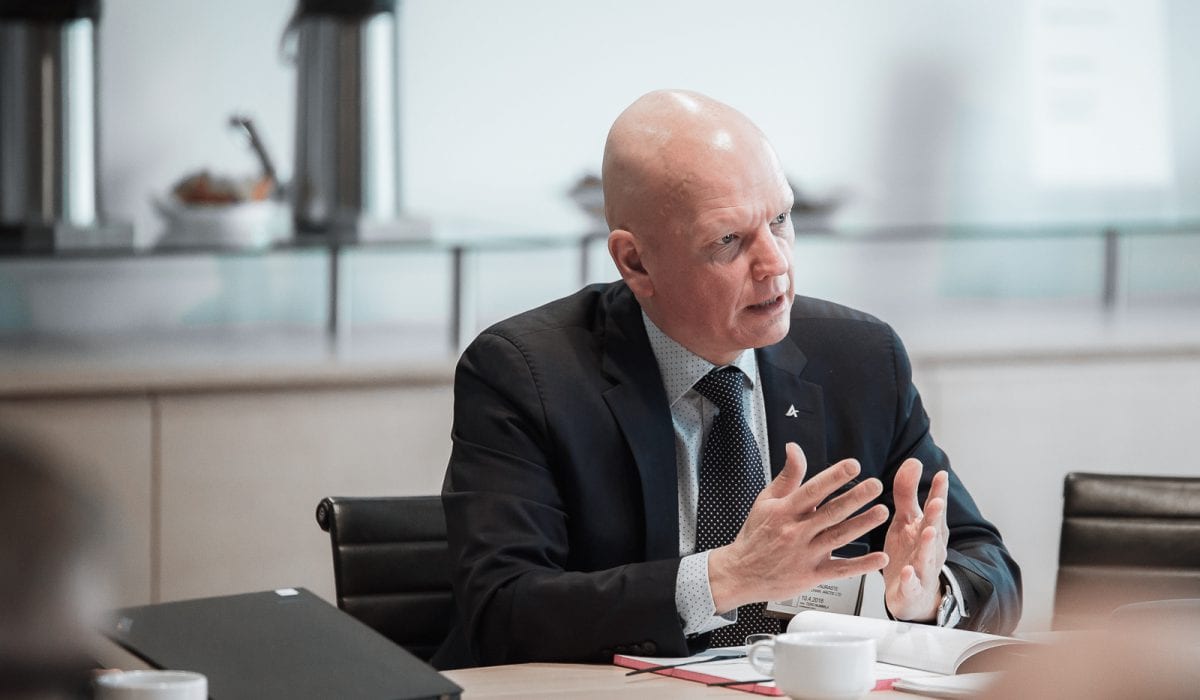
AEC at Eastern Economic Forum 2018
Every year, the Eastern Economic Forum (EEF) serves as a platform for discussions related to the global economy, regional integration, and the development of new industrial and technological sectors, as well as of the global challenges.
This year the EEF was held in Vladivostok, Russia from 11 to 13 September 2018. Mr. Tero Vauraste, the Chair of Arctic Economic Council, participated as a panellist at the EEF on several sessions.
At a panel discussion titled “Transport Corridors in the Russian East: New Competitive Advantages for the Asia-Pacific Region”, Mr. Vauraste highlighted the role of the Northern Sea Route (NSR) as a current and especially as a future alternative for transit transportation between Asia and Europe. This will be especially the case when the ice-free season in the NSR expands. He emphasized that there have been various feasibility studies about the economic viability of the route. A study by the Hokkaido University claims that by using optimized container vessel sizes combined with a summer-winter scheduling system, the economic feasibility of the NSR is clear.
Mr. Vauraste also addressed a potential rail link from the Arctic Ocean to the Baltic Sea from the Norwegian port and potential future hub of Kirkenes. 10% of the current combined international container trade from the Far East to the European countries as well as the Baltic States could use the NSR combined with a rail link in Kirkenes. This 10 % of the container traffic provides huge possibilities with shortened sailing distance via the NSR and less fuel consumption.
Restrictions to trade and increased protectionism are a concern for the AEC and its members. Mr. Vauraste mentioned the new restrictions imposed by Russia, limiting the use of non-Russian flag vessels at the Northern Sea Route. This development could limit the service provision to customers operating in the Arctic.
At a panel focusing on business dialogue between Russia and Europe, Mr. Vauraste addressed the opportunities related to Arctic tourism. The rapid development of tourism in Iceland could provide an idea of the potential of Arctic tourism. Throughout the past seven years, tourism in Iceland has increased by 20 to 30 % per year. Finnish Lapland also shows a great growth potential especially from Asia.
Cruises in the Arctic are already taking place, as Crystal Serenity’s passing of the North West Passage has shown. There are, however, challenges related to operating vessels in the Arctic. Firstly, search and rescue facilities hardly exist especially along the North West Passage. Second, a relatively long period of voyage means that there should be opportunities for program, local visits, and other experiences.
According to Mr. Vauraste, the tourism potential of the Arctic could foster to send a message on the climate change.
Despite easier access to the Arctic and changing conditions, we should continue to work on fulfilling the Paris climate agreement.
For videos of the panel discussions, please visit https://forumvostok.ru/en/programme/